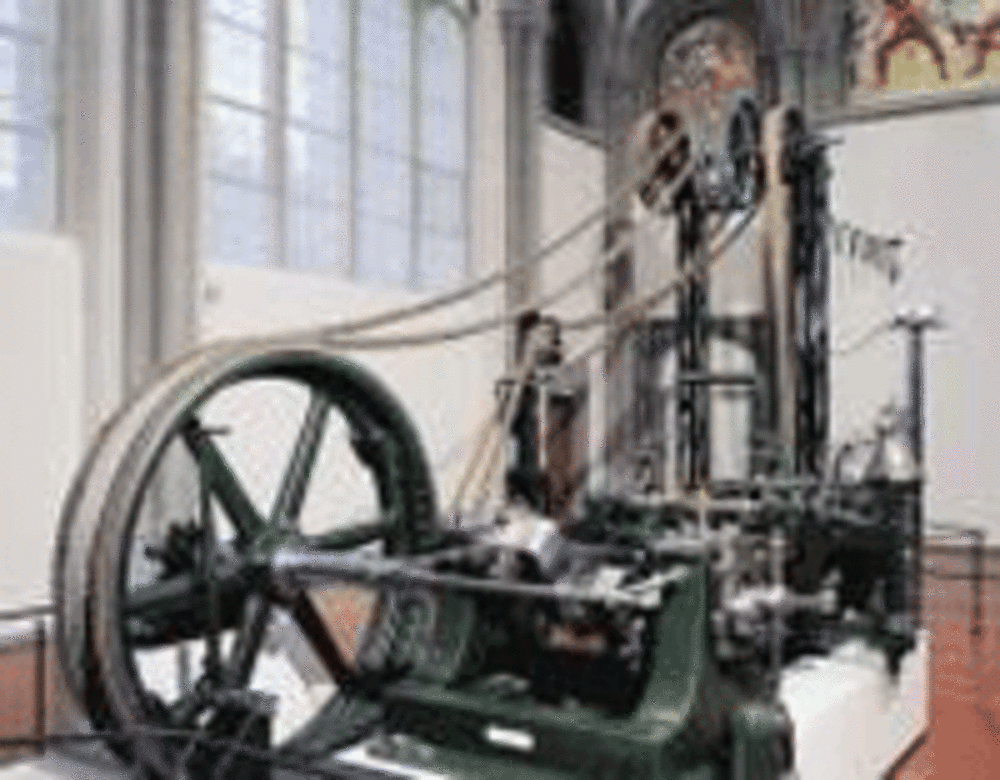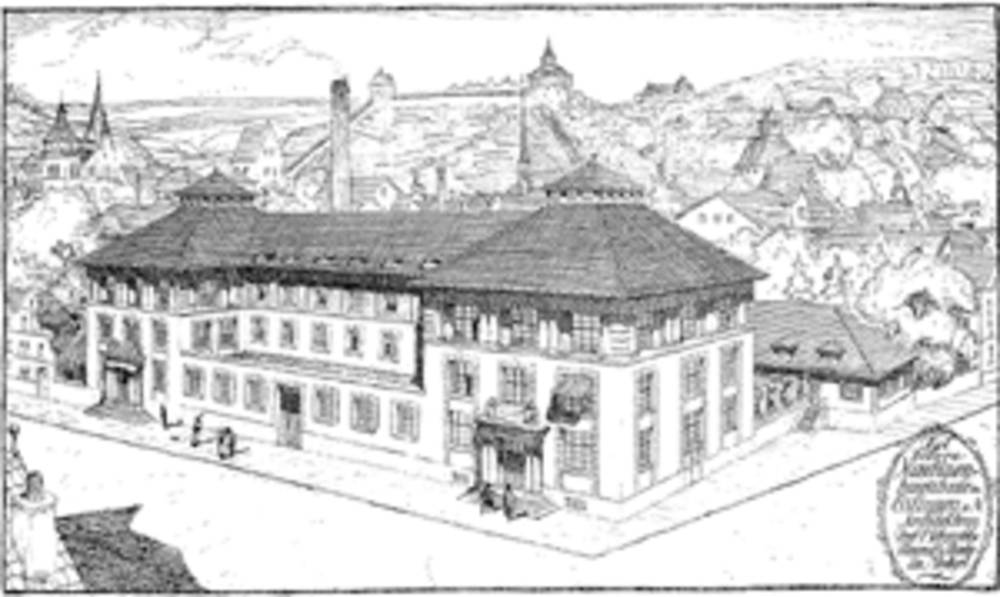The history of mechanical engineering in Esslingen

The roots of mechanical engineering in Germany go back to the beginning of the 19th century, so for some, the term “mechanical engineering” is still associated with huge components such as steam engines, water turbines or conveyor systems, as can be admired in the Deutsches Museum in Munich, for example.
The mechanical engineering of the 21st century has meanwhile experienced many years of continuous progress and is now one of the key technologies of our modern industrial society. It is THE key engineering discipline for industrial manufacturing and the utilisation of investment and consumer goods, and is hence of very considerable importance for the economy. As far back as 1868, a department for training mechanical engineers was established at what was then the Königliche Baugewerkeschule (Royal School of Construction). The great interest shown meant that the capacities in Stuttgart were soon exhausted.
A detailed description of the first 50 years is available here.
From state engineering college to Bachelor of Engineering

In 1914, the Königlich Württembergische Höhere Maschinenbauschule (Royal Württemberg College of Mechanical Engineering) and the 600 or so students enrolled there moved from Stuttgart to the neighbouring town of Esslingen. At the beginning of the 20th century, industrial development in Esslingen was already well advanced, especially in mechanical engineering.
The exciting tale of this move is described in a contemporary document.
In 1938, the mechanical engineering college was renamed the "Staatliche Ingenieurschule Esslingen (State Engineering College Esslingen)“ and it awarded the degree of Ing.(grad.). In 1972, the engineering college became the polytechnic offering the degree of Dipl. Ing. (FH). The Faculty of Mechanical Engineering in its present form was created in 1996 when the departments of Mechanical Engineering - Energy Management (ME), Mechanical Engineering - Production Engineering (MP) and Mechanical Engineering - Manufacturing Systems (MS) merged.
As of the winter semester 2005/06, students have been awarded a “Bachelor of Engineering” (B.Eng.) on successful completion of their degree. This change came about as a result of the switch-over from the Diplom degree to the two-stage Bachelor/Master system as part of the Bologna Process. In 2006, the Technical University of Applied Sciences (FHTE) and the University of Applied Sciences for Social Work (FHS) merged to become Esslingen University of Applied Sciences.
The opportunity to do a Master’s degree in mechanical engineering has existed since the winter semester 2008/09. Since this date, the Faculty of Mechanical Engineering in conjunction with the Faculty of Automotive Engineering has offered the three-semester “Design and Development in Automotive and Mechanical Engineering” (DDM) Master programme, which is taught in English and culminates in a M.Eng. degree. And since the summer semester 2016, Mechanical Engineering has been responsible for the “Resource Efficiency in Mechanical Engineering” (RMM) Master programme, which is taught in German and leads to a Master of Science (M.Sc.) in three semesters.
Graduates from Esslingen have a good reputation

As you can see, studying mechanical engineering in Esslingen has a long tradition – mechanical engineers have been trained at the “Stall” since as far back as 1914. Over the course of time, independent faculties such as Automotive Engineering (FZ) or Building Services-Energy-Environment (GU) have evolved from the mechanical engineering specialisations. These branches are naturally still available to mechanical engineering graduates.
The long-standing, successful collaboration with regional industry, represented by the Association of the Friends of the University and the Industry Advisory Board of the Faculty of Mechanical Engineering, has led time and again to the course content being updated and to close coordination between university and industry. The good reputation of Esslingen mechanical engineering graduates is based to a large extent on this cooperation and provides them with significant advantages in the employment market.
Many graduates of the Faculty of Mechanical Engineering have carved out a successful career for themselves, rising right to the top of international companies, or as university lecturers or entrepreneurs running their own companies.
Interested? Apply now! for the summersemester 2025
Get started
find a course